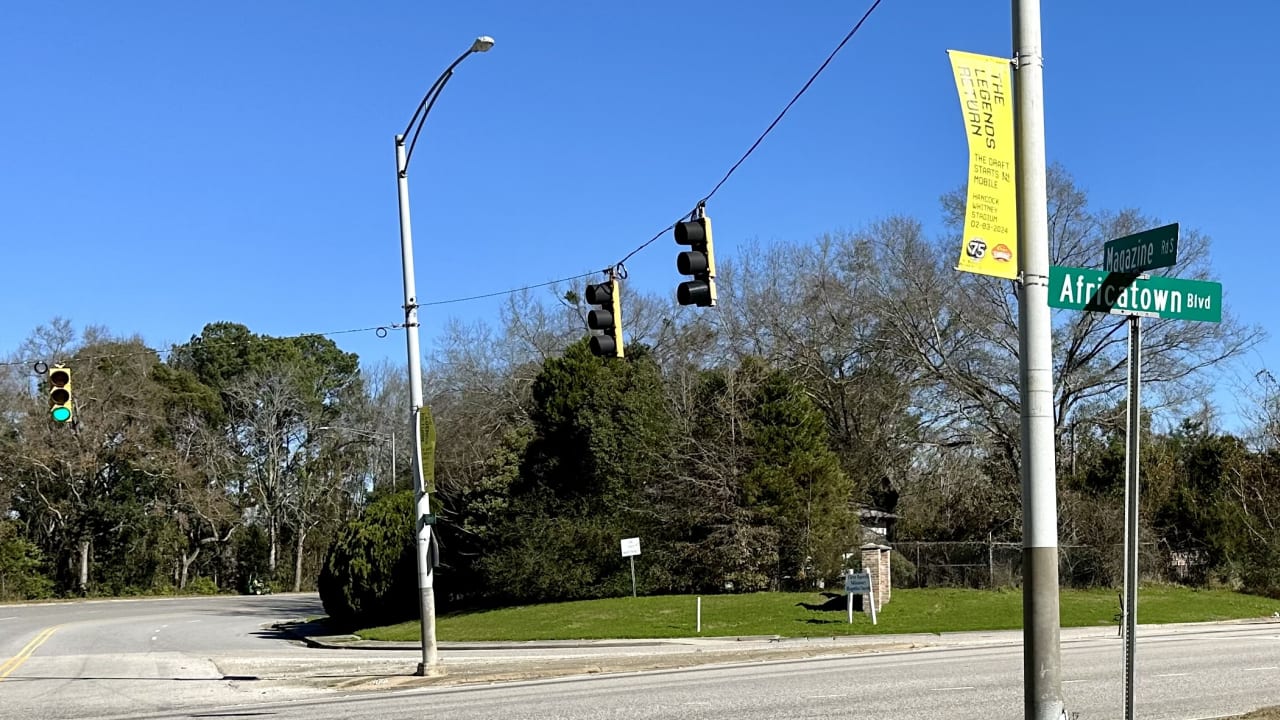A banner promoting the Senior Bowl — one of the pre-draft process’ top events — hangs at the intersection of Africatown Boulevard and Magazine Road in Mobile, Alabama.

For 75 years, the Senior Bowl has thrived in Mobile, Alabama, drawing NFL luminaries to witness top prospects. Yet, it took until 2018 for me to discover Africatown, a community less than four miles north of the Senior Bowl’s venue. Founded by enslaved West Africans in 1865, Africatown’s resilience against racism and environmental injustice deserves national recognition.
Despite being home to fewer than 1,000 residents today, Africatown’s significance transcends its size. The Clotilda, the last-known slave ship, brought its founders to Mobile. In 2019, remains of the Clotilda were found, rekindling interest in Africatown’s history. Margaret Brown’s documentary, Descendant, further shed light on the community.
Over the past years, I’ve immersed myself in Africatown’s story, learning from its people like Cleon Jones, a former MLB All-Star committed to its revitalization. During my recent visit, I encountered Cleon mowing the lawns, a poignant juxtaposition against the Senior Bowl banner nearby.
Anderson Flen’s words from Descendant resonate: “People come and they see, but what do they do?” It’s a call to action for the NFL and the Senior Bowl. Despite their global reach, few associated with them are familiar with Africatown. This must change.
The NFL’s Inspire Change initiative underscores its commitment to marginalized communities. Acknowledging Africatown during the Senior Bowl week could catalyze meaningful change. It’s time to bridge the gap and uplift Africatown, a beacon of resilience in America’s history.

